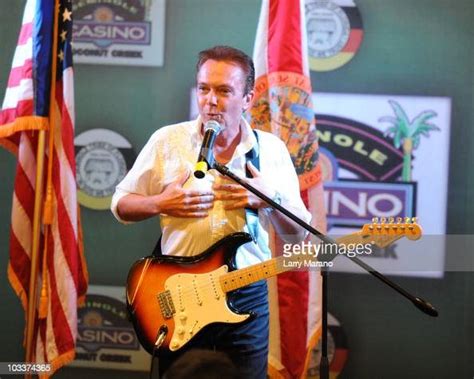Top 6 Quotes & Sayings by David Massengill
Explore popular quotes and sayings by an American singer David Massengill.
Last updated on April 20, 2025.
Besides my fast and slooow songs, I further divide my work into three main song types: the ballad or story song, the variation on a theme (saying the same thing over and over and over again) song, and the weird song. It's important to have weird songs, but I find that a little weirdness goes a long way.
I give myself the luxury of time in shaping a song. It's very common for me to work three months or more on a single song. Plotting takes time and effort, for there are many false turns. I fill up pages and pages with my mistakes, thereby eliminating them. Eventually a trail is broken through this mountain of mistakes. Sometimes it's as easy as putting eggs in a basket; other times it's like trying to pound a ton of sand into a diamond.




















